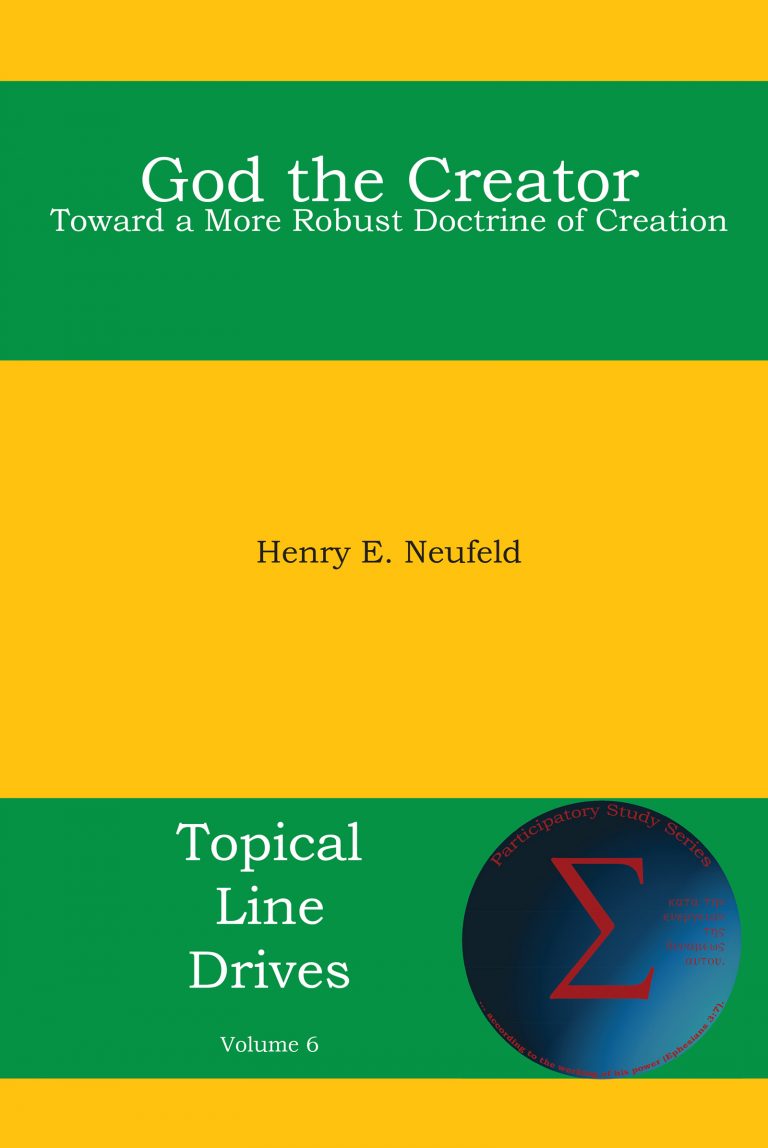Convincing Yourself of Falsehood
. . . or perhaps of less than complete truth.
Some years ago when I was in the Air Force I had a roommate who was an excellent software engineer. At the time I was a serious hobbyist programmer, so occasionally we would work together on projects. I remember a case in which he had a routine that would work when run under the debugger but would hang when run normally. After checking all the options either of us could think of, he could not conceive of any reason why it would do so.
At this point, being more ignorant, and thus less certain that all the bases were covered, I suggested putting a delay into the routine at that point (I believe we used something like 1/100th of a second eventually). He didn’t want to do it at first, largely because it would solve the problem (if it worked) without actually discovering what the real problem was. Finally he did try it, it worked, and he released the code in that form, because he never did find anything.
Now the point isn’t that I was a better programmer; I wasn’t. It’s not that I was more clever; I’m not. It’s simply that, lacking the ability to check off all the boxes I had to try some considerably less logical options, one of which worked.
It’s very easy to convince ourselves that we have covered all the bases on a subject, or that the evidence for something we believe in very fervently is much stronger than it is. In fact, I suspect that the single most common reason why people accept a particular piece of evidence as reliable is that it supports a conclusion they like.
I mention this because of a discussion about lying in science and other matters. Larry B made an interesting comment here, and expanded on it over at Quintessence of Dust.
This all reminded me about a comment a political science professor once made to me when discussing conspiracy theories. “Never attribute to conspiracy what can adequately be explained by human stupidity.” I think he got that from someone else, but I’m not sure who. After reconsidering all this material, I might just paraphrase that to “Never attribute to lying any statement that can be explained by stupidity and/or the overwhelming desire to believe.”
Perhaps Dr. Matheson’s term “folk science” is the best term after all.

Your former prof’s maxim is called “Hanlon’s Razor,” and it is discussed briefly in the Hackers’ Jargon File:
http://catb.org/jargon/html/H/Hanlons-Razor.html
I suggest that you not start reading the Jargon File if you have something urgent that you have to do; it is a notorious time sink.
Thanks! I’m guessing there’s a law in there something like this: “No matter what the subject is on which you express ignorance, information will be readily available on the internet.” 🙂
IIRC, one of Steven Pinker’s books talks about just that. In many cases it appears that rather than reasoning and then deciding, we actually decide and then rationalize, even when we think it’s the other way around!